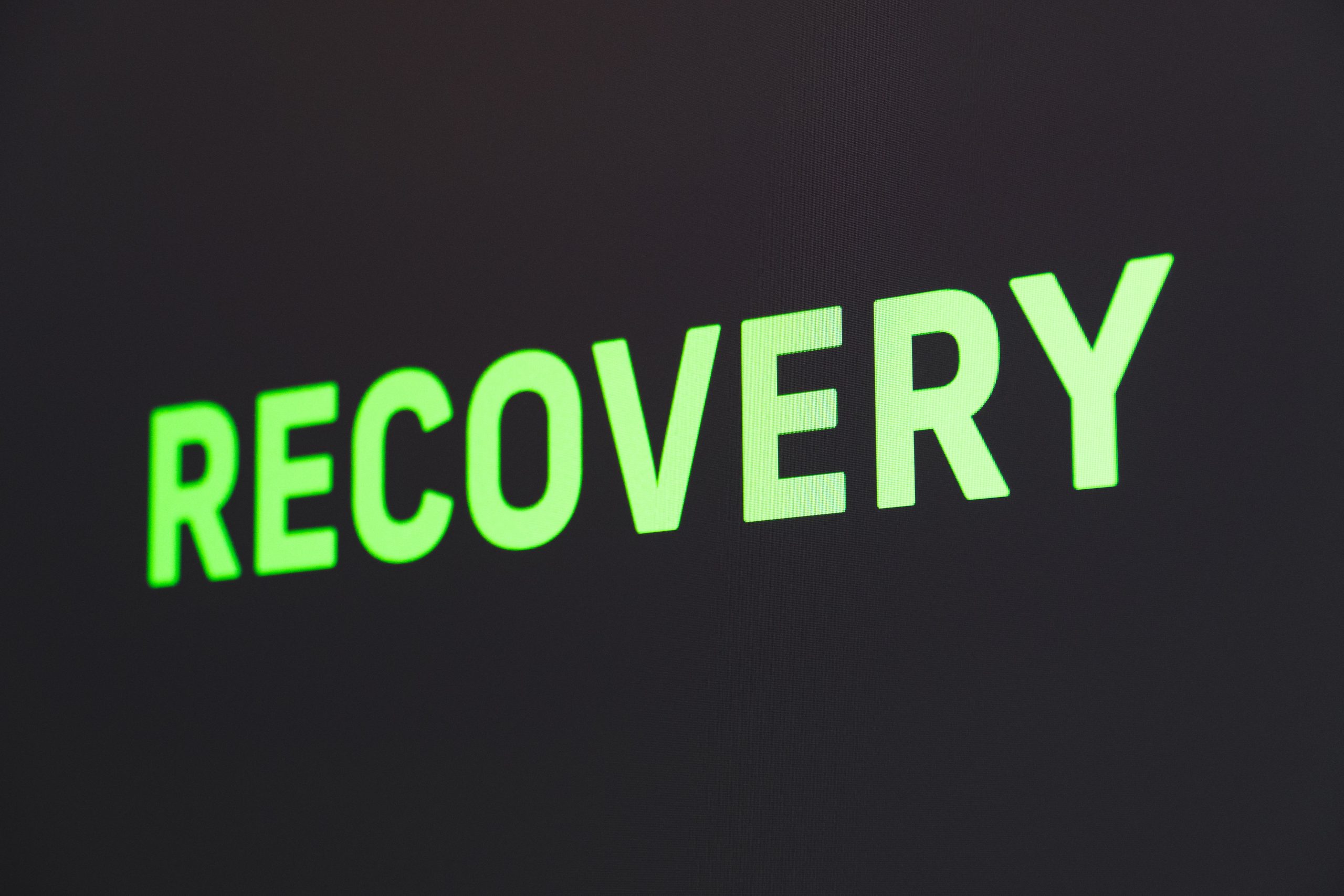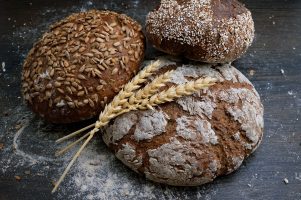
How to Recover Effectively After Workouts
You’ve just pushed through a hard workout. You are sweaty, sore, tired and (hopefully) feeling good about doing something beneficial for your mind and body. What should you do now to recover? Is there anything that you can do that will allow you to bounce back more effectively and capitalise on the work you have been doing in the gym? The short answer is yes, definitely.
Nutrition
What we eat and drink around our workouts and throughout our day can dramatically affect recovery rates. There are many nutrients and nutrient groups that help boost recovery, but there are four that are particularly important. These are water, electrolytes, protein and carbohydrates.
Water
I think we all know by now how vital water is. Given how much of it we use during exercise, especially in things like sweat, it is important that we replace the amount we lose both during and after a workout. It is recommended to replace the water lost during a workout, plus 25 to 50% to help with recovery (weight lost on grams during workout x 1.25 to 1.5 = required millilitres of water). By having enough water in the body, toxins and byproducts left over from exercising can be removed more efficiently and nutrients can be delivered to the areas that need them the most.
Electrolytes
Alongside water, we tend to use and secrete minerals such as potassium, sodium and calcium at an accelerated rate when exercising. Just like water, if levels of these minerals, or as they are more commonly known – electrolytes – fall too low, cognitive and physical function can be affected. This can lead to cramping, muscle soreness and in some rare cases, seizures. All of this will negatively impact recovery and health. So, after a long, sweaty session at the gym, or a run outside, it could be a good move to consume an electrolyte mix/ premade drink, or foods such as bananas, oranges and peanuts which are high in these much-needed minerals.
Protein
This is a big one for many people who work out. The focus should be on regularly consuming protein throughout the day to promote the building and repair of muscles, bones and other tissues. The amount needed per person per day depends on their sex, size and activity levels, but can range anywhere from 0.8g per kg of body weight through to as high as 2-2.4g per kg of body weight (even higher for some endurance athletes).
There is merit to consuming good quality protein shortly after a workout, as it helps replenish depleted levels and further encourages the building/repair process. Experts recommend anywhere from 20-40 grams of protein from sources such as poultry, Greek yoghurt, milk, nut butters, and plant and animal-based protein powders to name a few. Keep in mind we do absorb nutrients more effectively from whole foods compared to supplements, but protein powder can be more time-effective to consume, especially with a busy schedule.
Carbohydrates
For most moderate to high-intensity workouts, we predominantly use some form of carbohydrate to fuel our movements. Therefore, it is important to stock up before and after a workout to a. give us enough energy to perform the workout and b. recover and not feel so tired after the workout.
Simple carbohydrates can be great for a high, short release of energy, whereas complex carbohydrates are great for a longer-lasting, lower release of energy. Given how long it takes to digest complex carbohydrates, it is recommended to eat them two to three hours before a workout, mainly to avoid stomach cramps, whereas simple carbohydrates can be consumed 60 to 90 minutes before a workout as they are digested faster.
Good sources of both simple and complex carbohydrates include apples, bananas, blueberries, brown rice, potatoes, rolled oats and whole wheat pastas and breads.
Passive and active recovery
Sleep
Of all the things spoken about in this article, sleep is probably the most important when it comes to recovery and repair after a workout. During sleep, our bodies clear out any leftover byproducts and toxins and dedicate more energy to supercharging the repair and building process. Without enough of it, or without the right type of it, our ability to bounce back after a hard workout and maximise our gains will be greatly diminished. As adults, we should aim for seven to nine hours of uninterrupted sleep every night, with children needing slightly more and older adults needing slightly less.
Massage
A great way to further improve recovery is to get a massage. Massage can help to alleviate sore and overworked muscles, increase range of motion and promote blood flow throughout the body, improving the delivery of nutrients. Plus, a massage promotes the release of endorphins, dopamine and serotonin, which help to reduce stress levels and promote feelings of well-being and relaxation.
Cold showers and ice baths
Some gymgoers and athletes regularly have cold showers and ice baths straight after a workout to promote recovery. It is thought that the constriction and dilation of blood vessels brought on by the different temperatures helps to remove waste products produced during a workout, which leads to less muscle soreness and a quicker recovery time. They have also been shown to stimulate the release of norepinephrine, which can provide a boost to mood and energy levels.
Cold showers and ice baths are not for everyone though and if you have any heart or cardiovascular condition/s, please speak to your healthcare provider before jumping into one.
Periodisation of training
Finally, as we become fitter and stronger, we should be able to lift more and handle more cardiovascular activity. But, if we are constantly pushing our bodies without adequate rest, our ability to recover and rebuild will diminish and the chances of injuring ourselves will increase. A good training program should include both periods of loading and de-loading to maximise recovery and gains.
As most muscle groups take 24 to 48 hours to recover after a workout, it is a good idea to rotate through targeting different muscle groups and training methods throughout the week, month and year. For most people, it is also good to have one to two days off from exercising every week to relax and recover. There is also nothing wrong with taking two to seven days off or working at a much lighter intensity every few months. This will further encourage recovery and often helps to break through training plateaus.
Conclusion
Hopefully, the information in this article helps you to maximise the results from your workout routine. Remember that what you eat and how you recover can be just as important for achieving your goals as what you are doing in the gym.
References
Bodybuilding.com. (n.d.) Protein Calculator: How Much Protein Do I Need? Retrieved September 10, 2023 from https://www.bodybuilding.com/fun/calpro.htm
Kummer, M. (2023, September 10). 11 Ice Bath Benefits (And Why Cold Plunging Works). Michael Kummer. https://michaelkummer.com/health/ice-bath-benefits/
Meyer, M., & Ball, J. (2023, January 7). The Best Carbs to Eat Before and After a Workout. Eating Well. https://www.eatingwell.com/article/8022615/best-carbs-to-eat-before-after-workout/#:~:text=Examples%20of%20complex%20carb-rich%20foods%20to%20load%20up,whole-wheat%20pasta%2C%20blueberries%2C%20raspberries%2C%20apples%2C%20potatoes%20and%20yams.
Quinn, E., Lau, M. (2023, May 9). 10 Tips to Speed Recovery After Exercise. A Guide To Recovering Post-Workout. Verywellfit. https://www.verywellfit.com/ways-to-speed-recovery-after-exercise-3120085
Sports Dieticians Australia. (n.d.). Fluids in Sport. Retrieved September 10, 2023, from https://www.sportsdietitians.com.au/factsheets/fuelling-recovery/fluids-in-sport/



